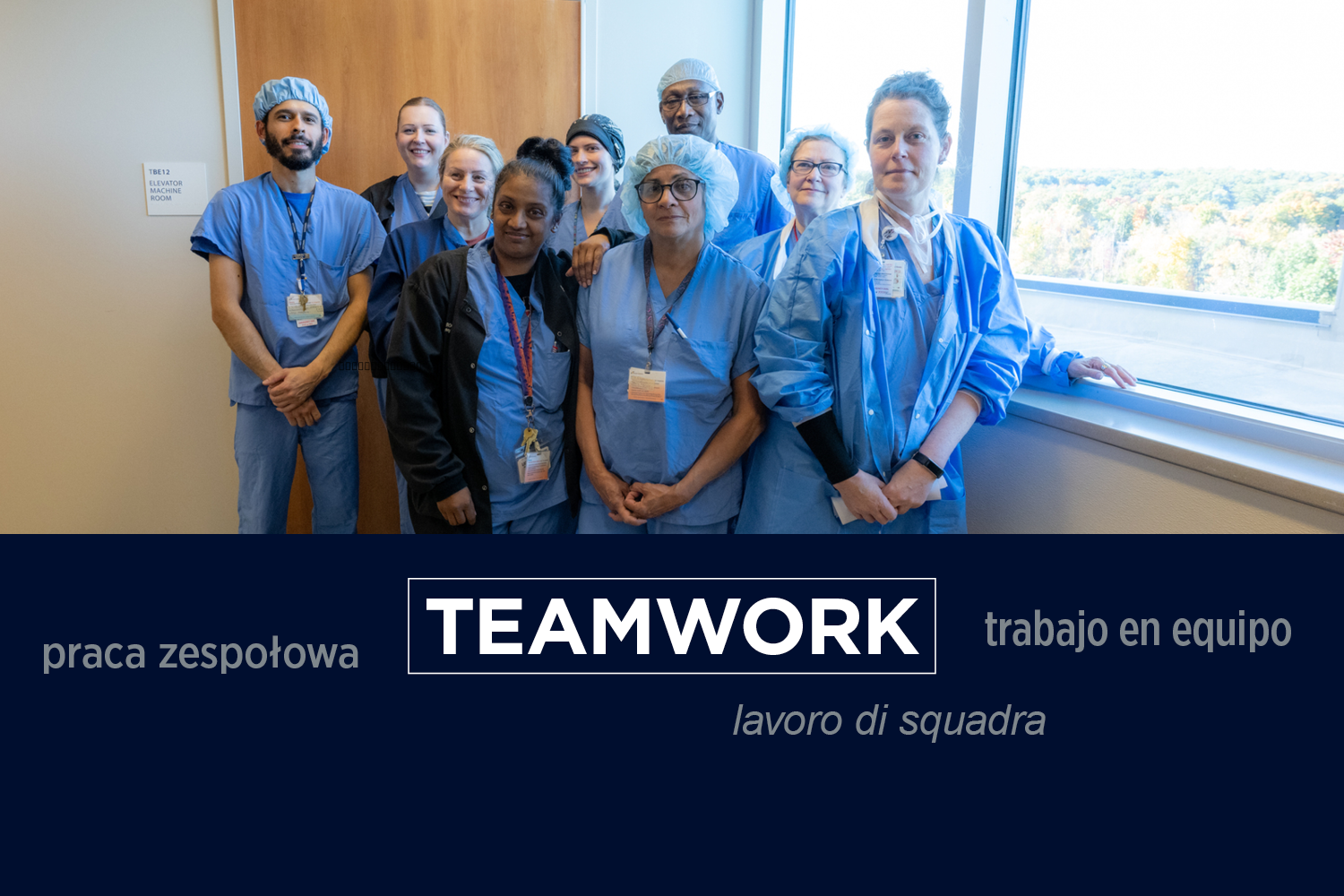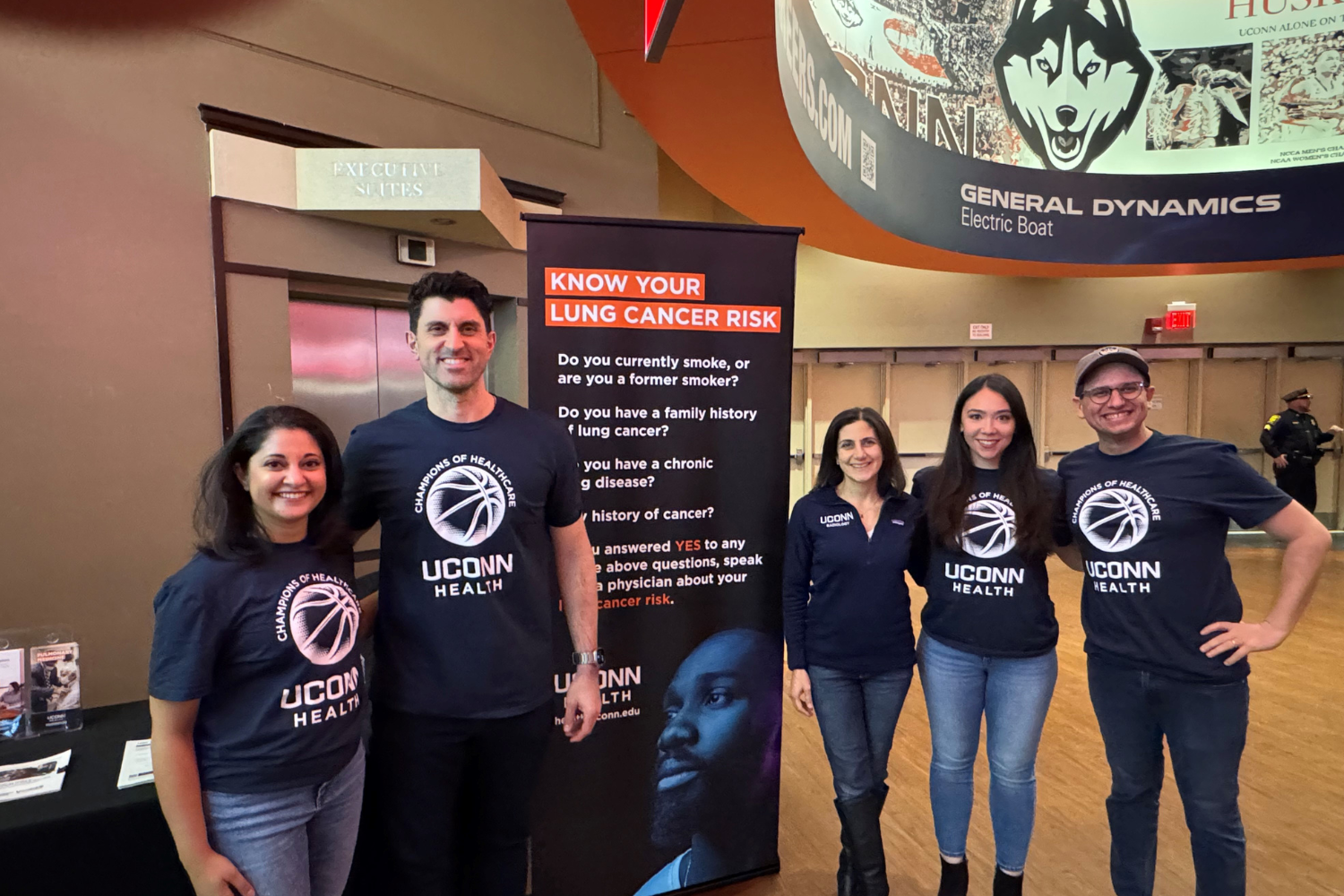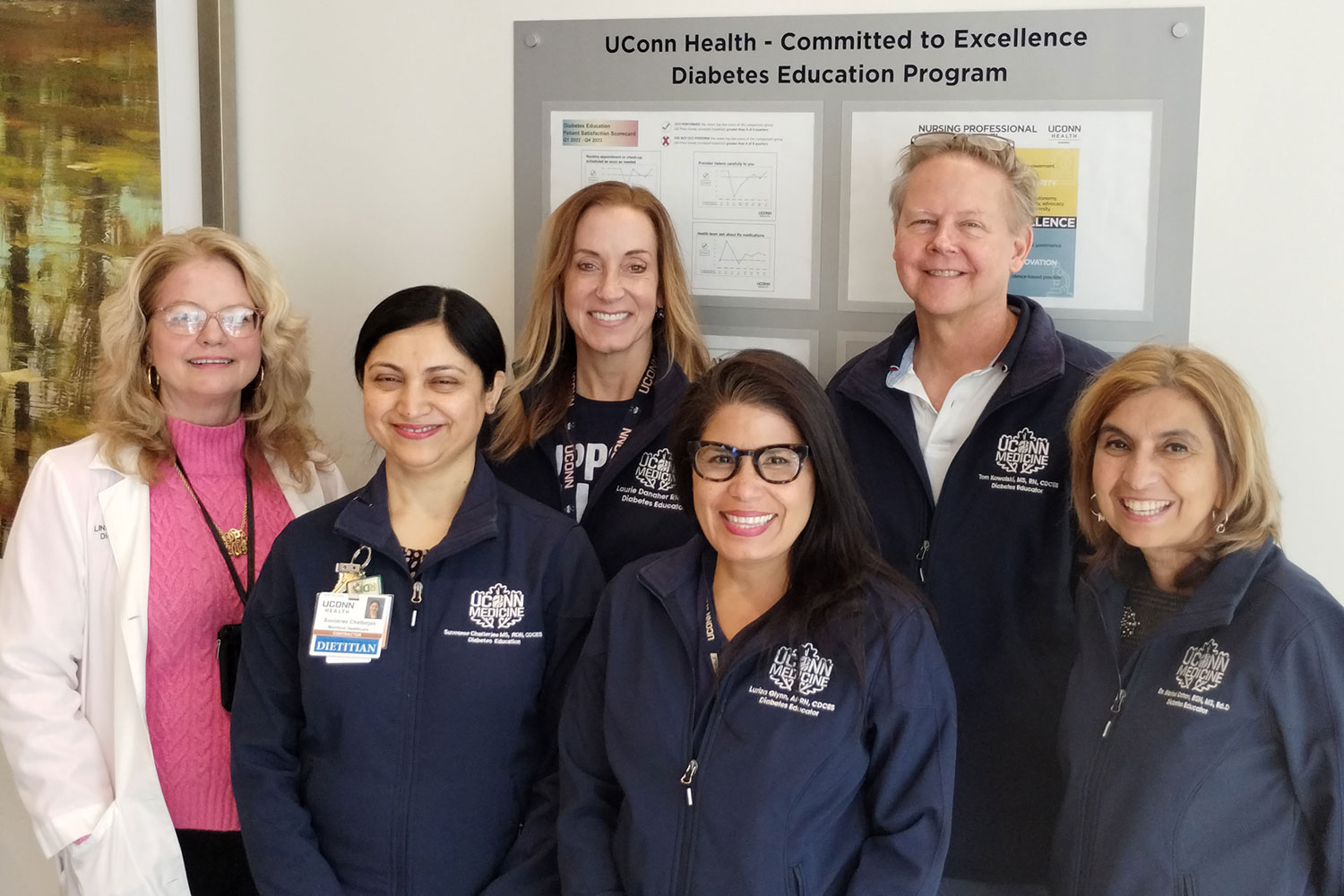A renowned UConn education professor is leading a collaboration of college and university researchers working to understand the depth of the pandemic’s educational impact on the state. Additionally, the members are recommending policy and pedagogical changes to help learners most affected.
Professor Morgaen Donaldson – the Neag School of Education Associate Research Dean and the Philip E. Austin Endowed Chair – is co-leader of the Connecticut COVID-19 Education Research Collaborative (CCERC). The Connecticut State Department of Education (CSDE) brought together researchers from UConn, Yale, Wesleyan, the University of Hartford, and other public and private institutions across the state.

CSDE chief performance officer Ajit Gopalakrishnan is the other co-leader. The federal government allocated $122 billion through the 2021 American Rescue Plan Act to help states and municipalities reopen schools, improve health conditions, and account for learning loss caused by the pandemic. However, few states dedicated relief funding to research and evaluation as strongly as Connecticut.
“We are thrilled to partner with researchers in public and private universities across Connecticut through this groundbreaking research collaborative,” says Gopalakrishnan. “We have already begun to evaluate some of our pandemic recovery projects with many more in the works. It is critical that we not only study the efficacy of these significant investments but also contribute to the knowledge base of our field. Many thanks to Dr. Morgaen Donaldson and her team at UConn for working with us to coordinate this statewide collaborative with higher education faculty across this great state.”
CCERC is a multifaceted, cooperative effort evaluating how the COVID-19 pandemic has impacted education and the steps to take to mitigate the harm caused to learning. The members work together on studies and projects and conduct research on emerging areas of importance, using data to inform decisions and policy.
Donaldson says that the CSDE is the driving force behind the collaborative. UConn is heavily involved, with Neag and College of Liberal Arts and Sciences researchers working with experts at other institutions for the benefit of school systems across the state.
“We have many fantastic researchers across the state and at UConn, but we often work in these silos and are not aware of the other good work that is happening,” Donaldson says. “The collaborative allows us to work together and break down those silos.”
COVID-19 forced school districts across the country to adapt and change in unforeseen ways. The pandemic shut down schools at the end of the 2019-20 academic year, with systems shifting to remote learning models. The 2020-21 year opened with most Connecticut schools either still remote or in a hybrid model of students attending part of the week in school and online for the remaining days before eventually shifting full-time back to in-classroom learning.
By the 2021-22 school year, students were back in class, but the effects of remote learning and absence of in-person instruction became apparent. The collaborative continues to investigate how the pandemic affected learning, behavior, attendance, and social-emotional well-being of different sub-groups of students, such as people of color or English language learners.
The collaborative’s research has yielded four projects in various stages of development or completion. The first was an evaluation of 210 grant-funded summer enrichment programs serving more than 100,000 students statewide in 2021. Camps were intended to help reengage students with their peers and prepare them to reenter classrooms. Donaldson says results were mixed, with younger students more eager to return to school than high schoolers. Two Neag professors – Neag Associate Dean for Academic Affairs Dorothea Anagostopoulos and Raymond Neag Endowed Professor of Educational Policy Casey Cobb – were the lead researchers on the project.
The second initiative is an ongoing remote learning audit evaluating the remote learning practices that school districts provided during the pandemic and student outcomes. Researchers are investigating how student learning was supported, key supports like nutrition and mental health were addressed, and analyze key outcomes such as student performance, absenteeism, and physical and emotional health. UConn education professor Michael F. Young and economics professor Stephen L. Ross join primary investigator Michael Strambler and Joy Kaufman, both from Yale, on the audit. A report is expected this fall.
The Learner Engagement and Attendance Program (LEAP) – the third project to come from the CCERC – takes aim at absenteeism and disengagement resulting from the pandemic. The LEAP program provided funding for home visits to students who displayed high absentee rates and had the most difficulty engaging in learning during the 2020-21 school year. It focused on 15 school districts, with objectives that included helping families in need to seamlessly transition back into their school communities for the 2021-22 school year. UConn economics professor Eric Brunner is part of a team of researchers that includes lead investigator Steven Stemler of Wesleyan and Jacob Werblow of Central Connecticut State, with a report expected in the winter of 2023.
Donaldson says the state has been an excellent partner in the collaborative and is making key decisions based on the findings.
“They are understandably very concerned with data and how they are used,” Donaldson says. “Through this partnership the state is taking a risk, They are opening themselves to critique from research community and it bodes well for the future. Historically, we haven’t really had something as organized as this and I view this as a real step forward.”
As the collaborative enters its second full year, it is planning to expand its work beyond a close focus on students’ learning and well-being in the wake of the pandemic. The collaborative is considering launching studies that examine teachers and school administrators’ turnover and morale to see how educators can be better supported.
“There’s really no question that teachers have struggled through the pandemic and been the frontline workers in the most critical times,” says Donaldson. “The reverberations of COVID keep hitting them and they’re not getting the support they need to really take care of themselves and do their jobs well.”



